Search the Special Collections and Archives Portal
Search Results
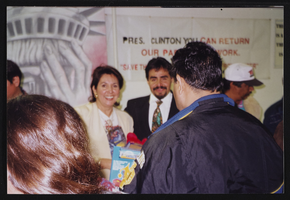
INS toy and food drive for Frontier children, Culinary Union, Las Vegas (Nev.), 1998 (folder 3 of 4), image 26
Date
1998
Description
Arrangement note: Series II. Public Events
Image
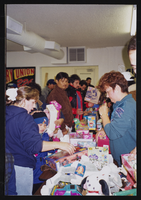
INS toy and food drive for Frontier children, Culinary Union, Las Vegas (Nev.), 1998 (folder 3 of 4), image 27
Date
1998
Description
Arrangement note: Series II. Public Events
Image
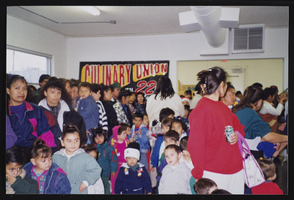
INS toy and food drive for Frontier children, Culinary Union, Las Vegas (Nev.), 1998 (folder 3 of 4), image 28
Date
1998
Description
Arrangement note: Series II. Public Events
Image
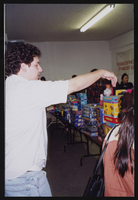
INS toy and food drive for Frontier children, Culinary Union, Las Vegas (Nev.), 1998 (folder 3 of 4), image 29
Date
1998
Description
Arrangement note: Series II. Public Events
Image
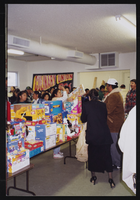
INS toy and food drive for Frontier children, Culinary Union, Las Vegas (Nev.), 1998 (folder 3 of 4), image 30
Date
1998
Description
Arrangement note: Series II. Public Events
Image
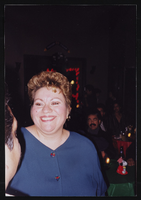
INS toy and food drive for Frontier children, Culinary Union, Las Vegas (Nev.), 1998 (folder 3 of 4), image 31
Date
1998
Description
Arrangement note: Series II. Public Events
Image
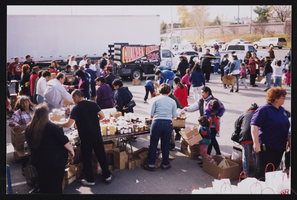
INS toy and food drive for Frontier children, Culinary Union, Las Vegas (Nev.), 1998 (folder 3 of 4), image 32
Date
1998
Description
Arrangement note: Series II. Public Events
Image
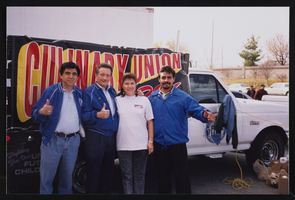
INS toy and food drive for Frontier children, Culinary Union, Las Vegas (Nev.), 1998 (folder 3 of 4), image 33
Date
1998
Description
Arrangement note: Series II. Public Events
Image
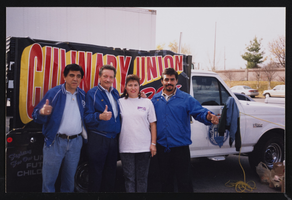
INS toy and food drive for Frontier children, Culinary Union, Las Vegas (Nev.), 1998 (folder 3 of 4), image 34
Date
1998
Description
Arrangement note: Series II. Public Events
Image
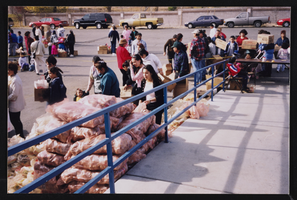
INS toy and food drive for Frontier children, Culinary Union, Las Vegas (Nev.), 1998 (folder 3 of 4), image 35
Date
1998
Description
Arrangement note: Series II. Public Events
Image
Pagination
Refine my results
Content Type
Creator or Contributor
Subject
Archival Collection
Digital Project
Resource Type
Year
Material Type
Place
Language
Records Classification
